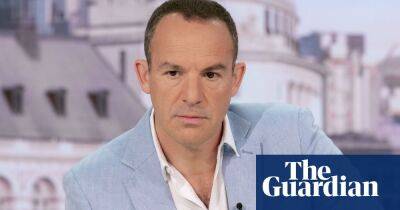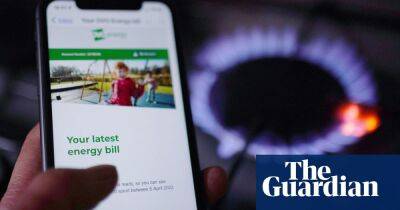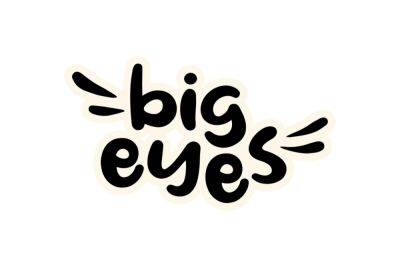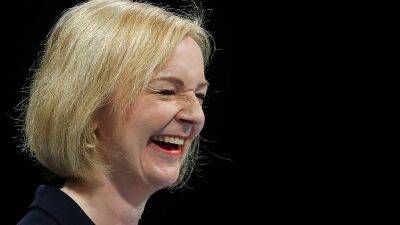After 2008’s financial crisis, life went back to normal. Will it this time?
Watching the Conservative party candidates spray money around as they vie to win the keys to No 10, it seems churlish to ask where the cash will come from. Running a 21st-century economy is not cheap and, unfortunately for those in power, gets more expensive every year.
More immediately, to prevent a cost of living crisis translating into a calamity this winter for low- and middle-income households, a bigger bailout is on the cards.
Treasury officials are under no illusions that rising energy bills, coupled with the extra cost of food and travel, will force the next chancellor to dig deeper than their predecessor to fund generous energy subsidies. Tax cuts, if the Liz Truss bandwagon rolls to victory, will only add to the need for extra borrowing.
The bill will be large whatever, and yet will amount to no more than spasms of generosity while the rising tide of demands on the exchequer lap at the chancellor’s feet.
It is easy to see how Conservative politicians can ignore all the warning signs and believe that the economic touchstones they grew up with will soon return to pre-pandemic norms, making all their spending affordable.
Look back to the 2008 financial crash: it was supposed to reveal the fundamental flaws in a global, neoliberal economic system and begin a debate about how to build an alternative. Books such as The Price of Inequality by Nobel prize winner Joseph Stiglitz were supposed to get us all thinking about how a postwar consensus had run its course. Stephen D King’s award-winning opus When the Money Runs Out: The End of Western Affluence appeared a year later, in 2013.
Like Stiglitz and so many other commentators, King, a former chief economist at HSBC, wrote and published his book during the post-crash period
Read more on theguardian.com
 theguardian.com
theguardian.com
















